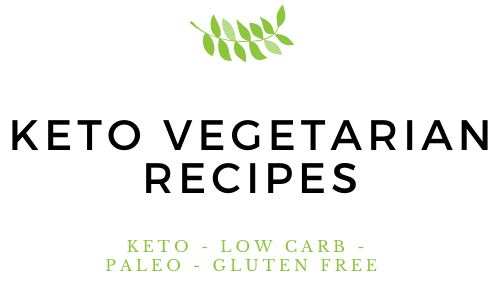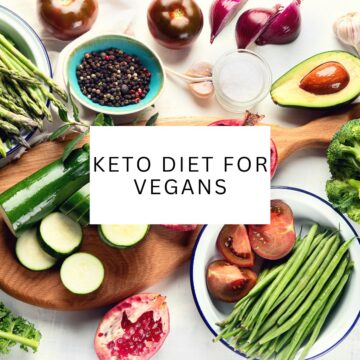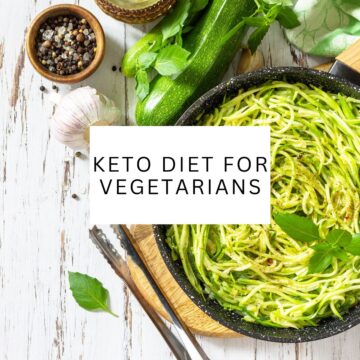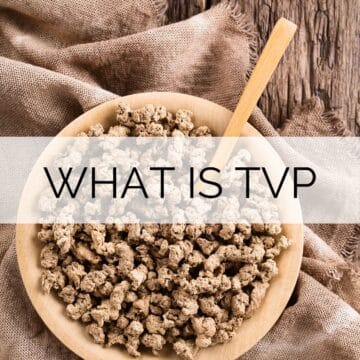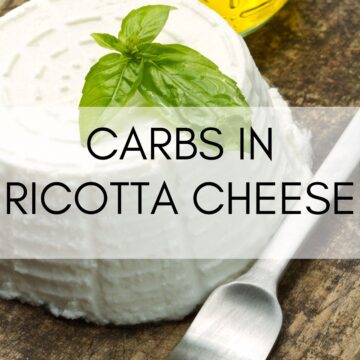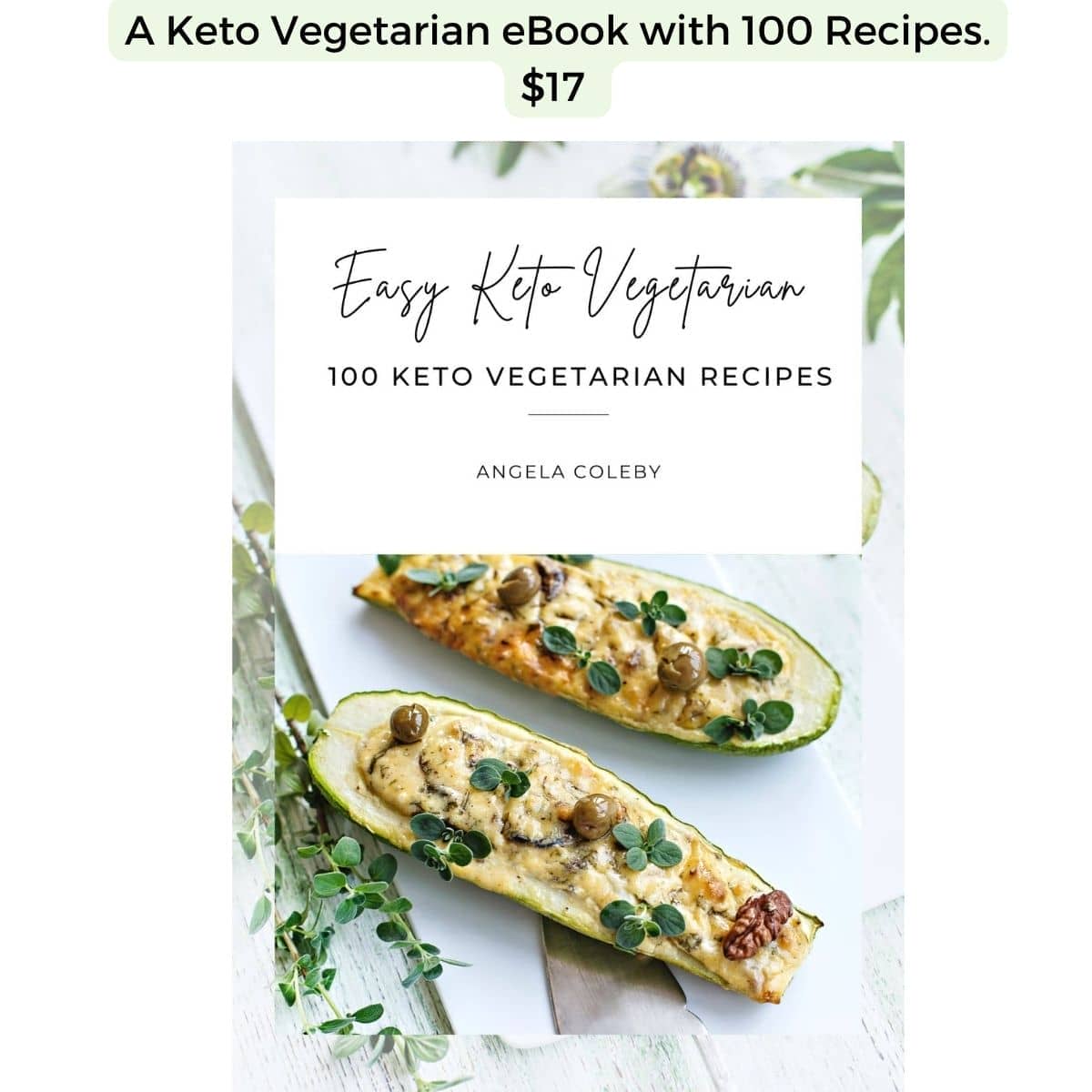Two popular creamy cheese are compared in this look at cottage cheese v ricotta cheese article. Cottage Cheese v Ricotta Cheese: A Vegetarian's Guide to Nutritional Benefits. Cottage cheese and ricotta cheese are two creamy ingredients that often spark debates in the kitchen. While they share similarities, they also possess distinct characteristics that make them suitable for different culinary adventures.
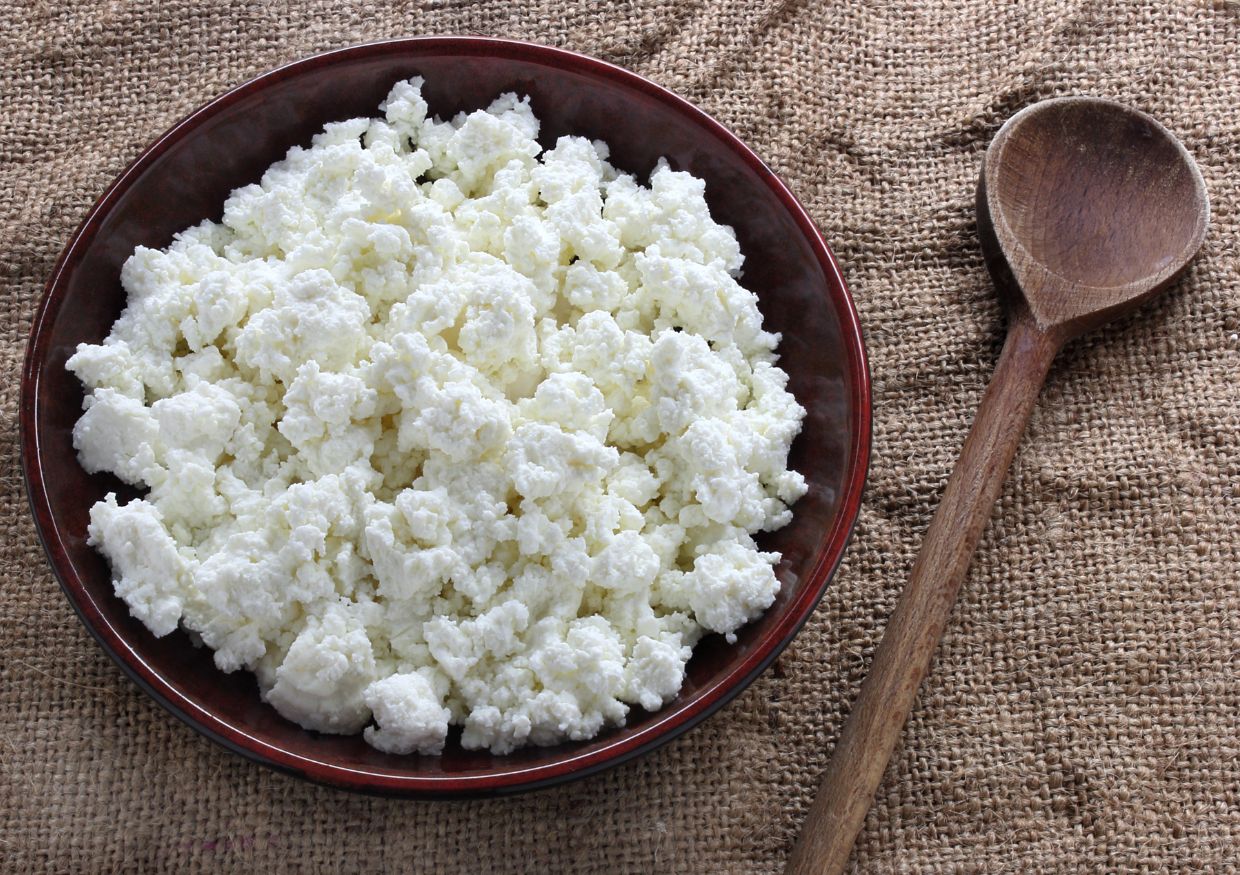
Jump to:
Cottage Cheese Origins
This cheese has a long history, dating back to ancient times. It's made by curdling milk with an acid, such as vinegar or lemon juice. After curdling, the milk solids are separated from the whey, resulting in a lumpy texture with a mild flavor. It's available in various fat levels and curd sizes, catering to different preferences and dietary needs.
Ricotta Cheese Origins
Originating from Italy, ricotta is traditionally made from the whey left over from the production of other cheeses, such as mozzarella and provolone. This reuse of whey makes ricotta an eco-friendly choice. Ricotta is creamier than cottage cheese, with a slightly sweet taste. Like cottage cheese, it's available in whole milk and part-skim versions.
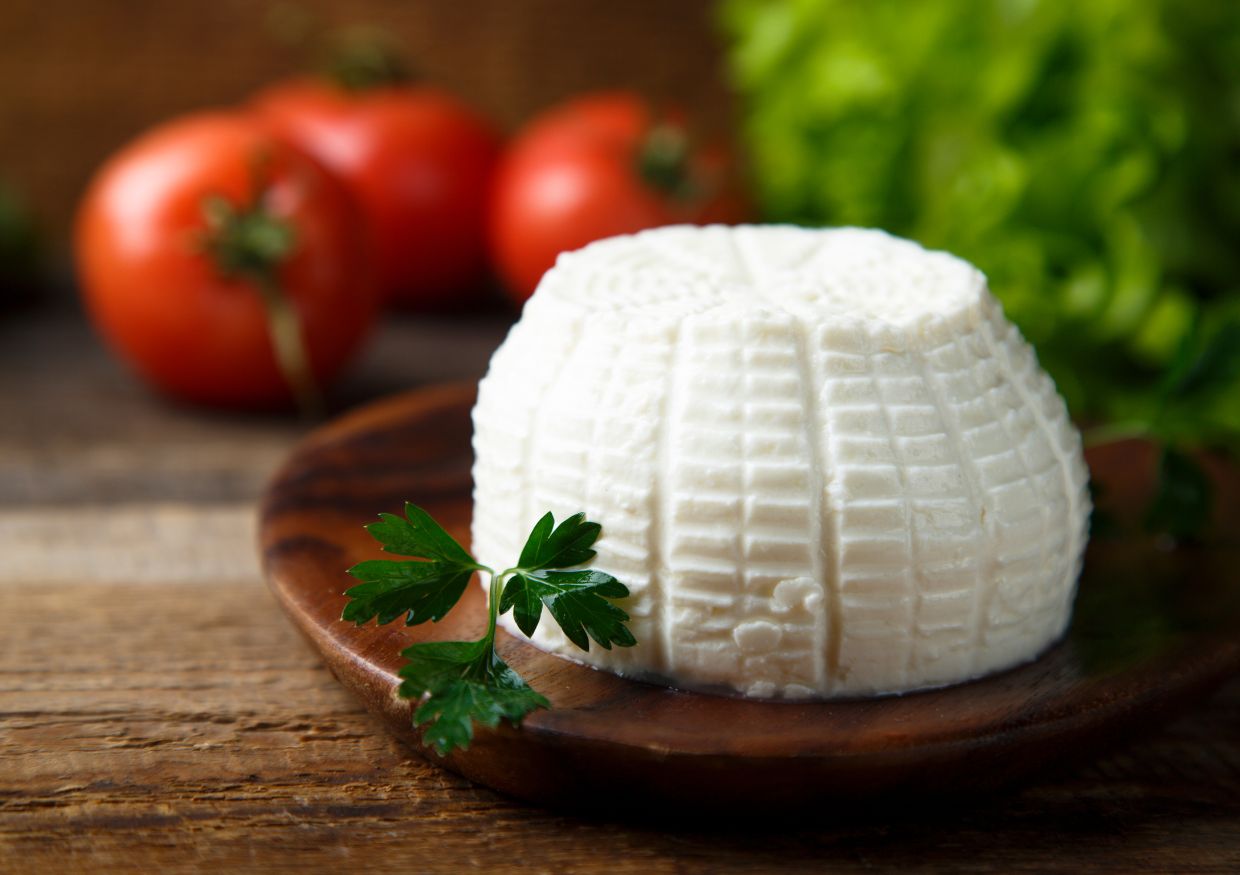
Nutritional Information
The nutritional content of both cheeses varies depending on the milk used (whole, 2%, or skim). Here's a general comparison based on a standard serving size:
Cottage Cheese (1 cup, low-fat)
Calories: 163
Protein: 28 grams
Fat: 2.3 grams
Carbohydrates: 6.2 grams
Calcium: 138 mg
Carbohydrates: Cottage cheese typically contains fewer carbohydrates than ricotta cheese, making it a better choice for those aiming to keep their carb intake low on a ketogenic diet.
Protein: Cottage cheese is high in protein, which can help with satiety and muscle maintenance.
Texture: Cottage cheese has a curd-like texture, which works well in savory dishes, salads, or as a topping for vegetables.
Ricotta Cheese (1 cup, part-skim)
Calories: 339
Protein: 28 grams
Fat: 19.5 grams
Carbohydrates: 12.8 grams
Calcium: 509 mg
Carbohydrates: Ricotta cheese usually contains slightly more carbohydrates than cottage cheese, so it should be consumed in moderation if you are closely monitoring your carb intake.
Creaminess: Ricotta cheese has a creamy and smooth texture, making it a popular choice for keto-friendly recipes like lasagna, stuffed peppers, or keto desserts.
Flavor: Ricotta cheese has a mild and slightly sweet flavor, which can complement both sweet and savory dishes.
Cottage Cheese Health Benefit
Cottage cheese is a dairy product that offers several health benefits when consumed as part of a balanced diet. Here are some of the potential health benefits of cottage cheese:
- High-Quality Protein: Cottage cheese is an excellent source of high-quality protein. A 1-cup (approximately 226 grams) serving of low-fat cottage cheese typically provides around 27 grams of protein. Protein is essential for muscle maintenance, repair, and overall body function.
- Rich in Essential Nutrients: Cottage cheese is a good source of essential nutrients like calcium, phosphorus, and selenium. Calcium is crucial for maintaining strong bones and teeth, while phosphorus plays a role in energy metabolism and cell function. Selenium acts as an antioxidant, protecting cells from damage.
- Low in Carbohydrates: Cottage cheese is relatively low in carbohydrates, making it suitable for low-carb or ketogenic diets. This can help stabilize blood sugar levels and support weight management.
- Contains Healthy Fats: Cottage cheese contains healthy fats, including monounsaturated and polyunsaturated fats, which can contribute to heart health and overall well-being.
- Probiotics: Some types of cottage cheese may contain live probiotic bacteria, which can support gut health by promoting the growth of beneficial gut bacteria. Be sure to check the label for any added probiotics.
- Weight Management: The high protein content and relatively low calorie count in cottage cheese can help promote feelings of fullness and satiety, potentially aiding in weight management by reducing overall calorie intake.
- Versatile in Cooking: Cottage cheese is a versatile ingredient that can be used in both savory and sweet dishes. It can serve as a base for dips, smoothies, salads, or be used as a topping for various foods, allowing you to incorporate it into a range of healthy recipes.
- Suitable for Lactose Intolerance: Some individuals with lactose intolerance find that they can tolerate cottage cheese because it has lower lactose content compared to some other dairy products. However, individual tolerance may vary, so it's essential to monitor your body's response.
Ricotta Cheese Health Benefits
Ricotta cheese, a creamy and versatile dairy product, offers several potential health benefits when consumed as part of a balanced diet. Here are some of the health benefits associated with ricotta cheese:
- High-Quality Protein: Ricotta cheese is a good source of protein, with approximately 14 grams of protein in a ½ cup (124-gram) serving. Protein is essential for building and repairing tissues, supporting muscle health and promoting satiety.
- Rich in Essential Nutrients: Ricotta cheese provides various essential nutrients, including calcium, phosphorus and selenium. Calcium is vital for strong bones and teeth, while phosphorus plays a role in energy metabolism and cell function. Selenium acts as an antioxidant, protecting cells from oxidative stress.
- Low in Carbohydrates: Ricotta cheese is relatively low in carbohydrates, making it suitable for individuals following low-carb or ketogenic diets. It can help stabilize blood sugar levels and support weight management.
- Healthy Fats: Ricotta cheese contains healthy fats, primarily monounsaturated and polyunsaturated fats, which can contribute to heart health and overall well-being.
- Calcium Content: Ricotta cheese is a good source of dietary calcium, which is essential for bone health and may help reduce the risk of osteoporosis.
- Versatile Ingredient: Ricotta cheese is a versatile ingredient that can be used in both savory and sweet dishes. It works well in recipes such as lasagna, cheesecake, desserts and breakfast dishes, adding a creamy texture and mild flavor.
- Digestibility: Some people find ricotta cheese easier to digest than other dairy products, particularly those with lactose intolerance. While it contains lactose, the levels may be lower, making it more tolerable for some individuals.
- Promotes Satiety: The protein and fat content in ricotta cheese can help promote feelings of fullness and satiety, potentially reducing overall calorie intake and supporting weight management.
Dietary Considerations
For vegetarians, both cheeses are excellent sources of protein. However, it's important to consider:
- Sodium Content: Cottage cheese can be high in sodium, so look for low-sodium varieties if you're watching your salt intake.
- Fat Content: Choose low-fat or part-skim versions to keep the saturated fat in check.
- Allergies and Intolerances: Those with dairy sensitivities should approach these cheeses cautiously.
Environmental Impact
From an ecological standpoint, ricotta might have a slight edge since it's traditionally made from leftover whey, reducing waste in the cheese-making process. However, the environmental impact also depends on the farming practices of the dairy used.
Keto Cottage Cheese Recipes
If you are looking to incorporate cottage cheese into your keto vegetarian diet, try these recipes:
Crustless Cottage Cheese Quiche

Keto Ricotta Cheese Recipes
Ricotta makes a great cheese for keto vegetarian diets. Here are a few recipes to inspire you:

Conclusion
Ultimately, the choice between cottage cheese and ricotta cheese on a keto diet comes down to your specific meal plan and taste preferences. If you need a lower-carb option with higher protein content, cottage cheese may be your best bet. On the other hand, if you prefer the creaminess and flavor of ricotta cheese, you can still enjoy it in moderation while staying within your daily carb limit.
